What is Lignocaine Hydrochloride Injection I.P.?
Lignocaine Hydrochloride Injection I.P. (also known as Lidocaine Hydrochloride) is a local anesthetic and antiarrhythmic agent. It is a sterile, injectable solution used to numb specific areas of the body during minor surgical procedures or treat irregular heartbeats in emergency settings. It works by blocking nerve signals in the body and stabilizing cardiac cell membranes.
What is the Use of Lignocaine Hydrochloride Injection I.P.?
This medication is used for two primary purposes:
-
Local Anesthesia:
-
Minor surgical or dental procedures
-
Suturing or skin biopsies
-
Epidural or spinal anesthesia in labor and surgeries
-
-
Cardiac Use (Antiarrhythmic):
-
Management of ventricular arrhythmias, especially ventricular tachycardia and ventricular fibrillation during cardiac emergencies.
-
Benefits of Lignocaine Hydrochloride Injection I.P.
-
Rapid onset of action for quick pain relief or anesthesia
-
Effective in numbing targeted areas with minimal systemic absorption
-
Useful in emergency cardiac care to manage life-threatening arrhythmias
-
Well-tolerated when administered by trained professionals
-
Versatile application in various medical and dental procedures
Side Effects of Lignocaine Hydrochloride Injection I.P.
Common Side Effects:
-
Localized redness, swelling, or pain at the injection site
-
Mild dizziness or drowsiness
-
Nausea
Serious Side Effects (rare):
-
Allergic reactions (rash, itching, swelling)
-
Low blood pressure
-
Seizures (in case of overdose)
-
Irregular heartbeats or respiratory depression
-
CNS toxicity (tremors, confusion, or visual disturbances)
Seek immediate medical help if you notice signs of a severe reaction or overdose.
Precautions and Warnings
-
Should be administered only by trained medical professionals.
-
Not recommended in patients with known allergy to local anesthetics of the amide type.
-
Use cautiously in patients with heart, liver, or kidney disease.
-
Avoid injecting into infected or inflamed areas.
-
Monitor ECG and vitals when used for cardiac indications.
-
What is Lignocaine Hydrochloride Injection I.P.?
It is a sterile injectable solution used as a local anesthetic and antiarrhythmic agent, also known as Lidocaine Hydrochloride. -
What is Lignocaine Injection used for?
It is used to numb specific areas during surgical or dental procedures and to treat irregular heart rhythms (ventricular arrhythmias) in emergency settings. -
How does Lignocaine work?
It blocks sodium channels in nerves and heart cells, which prevents pain signals or abnormal heart rhythms from being conducted. -
Is Lignocaine the same as Lidocaine?
Yes. Lignocaine is another name for Lidocaine, commonly used in India and some other countries. -
How is Lignocaine Hydrochloride administered?
It is given by injection, either locally near a nerve, intradermally, intravenously (for arrhythmias), or into the spinal/epidural space depending on its intended use. -
What are the common side effects of Lignocaine Injection?
Common side effects include injection site redness, mild swelling, dizziness, or a tingling sensation. -
Can Lignocaine cause allergic reactions?
Yes, though rare. Symptoms of an allergic reaction may include rash, itching, swelling, or difficulty breathing. -
Is Lignocaine safe during pregnancy or breastfeeding?
It may be used if clearly needed, particularly during labor for epidural anesthesia, but only under medical supervision. -
Can Lignocaine Injection be used in children?
Yes, in pediatric doses and only under the guidance of a healthcare professional. -
What should I do if I experience unusual symptoms after the injection?
Seek medical attention immediately if you experience confusion, vision changes, chest pain, seizures, or difficulty breathing. -
Can Lignocaine be used for heart problems?
Yes, it is used intravenously to treat ventricular arrhythmias, especially after heart attacks or during cardiac surgery. -
How quickly does Lignocaine start working?
It generally begins to work within a few minutes after injection, depending on the route and site of administration. -
Is Lignocaine Injection addictive?
No, Lignocaine is not addictive and is not classified as a controlled substance. -
Are there any drug interactions with Lignocaine?
Yes, it may interact with other antiarrhythmics, beta-blockers, or drugs affecting liver enzymes. Inform your doctor about all medications you’re taking. -
Can Lignocaine be used repeatedly?
Repeated doses may be used under medical supervision, but dosage limits must be observed to avoid toxicity.

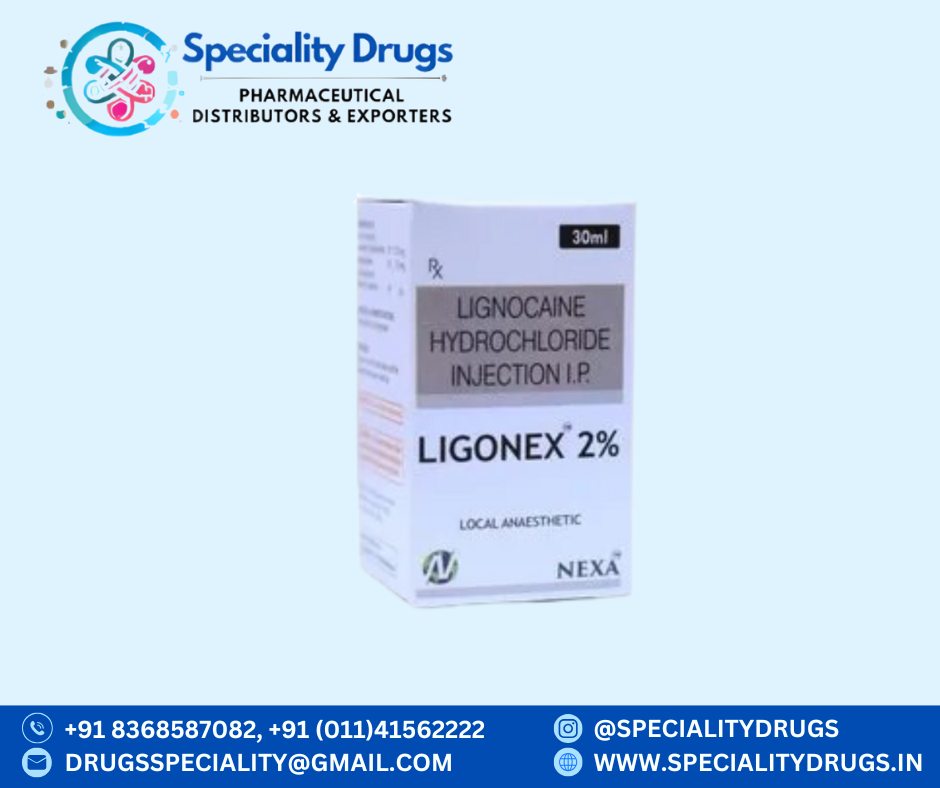
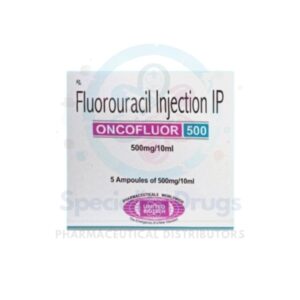
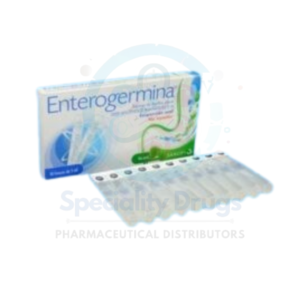
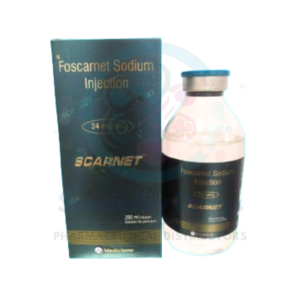
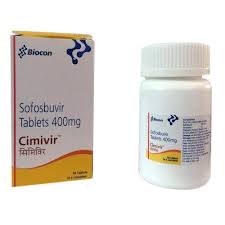
Reviews
There are no reviews yet.